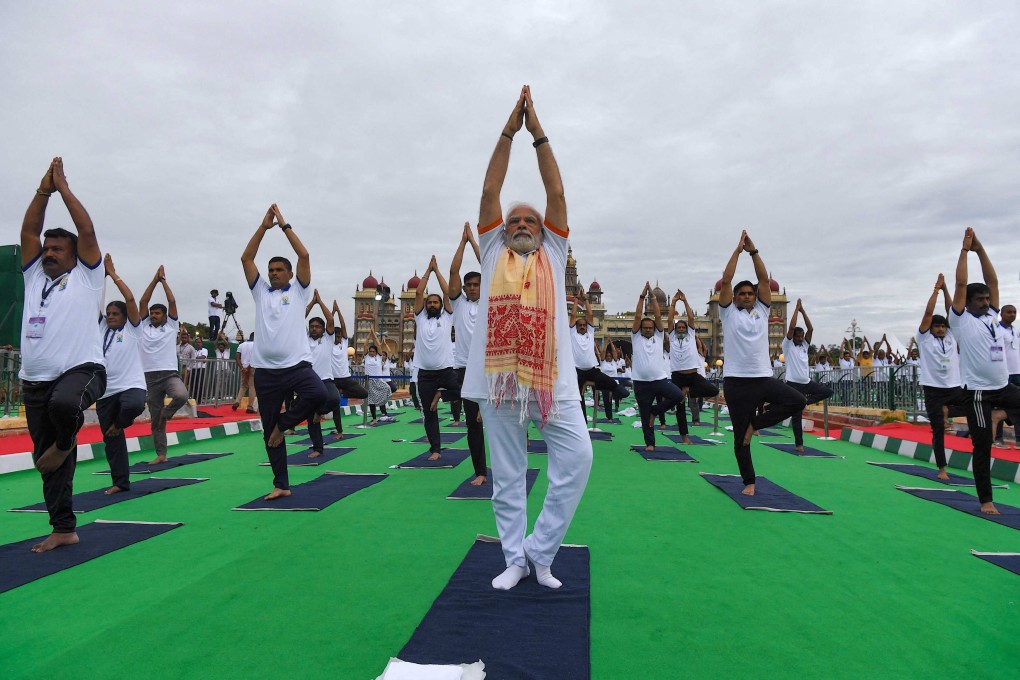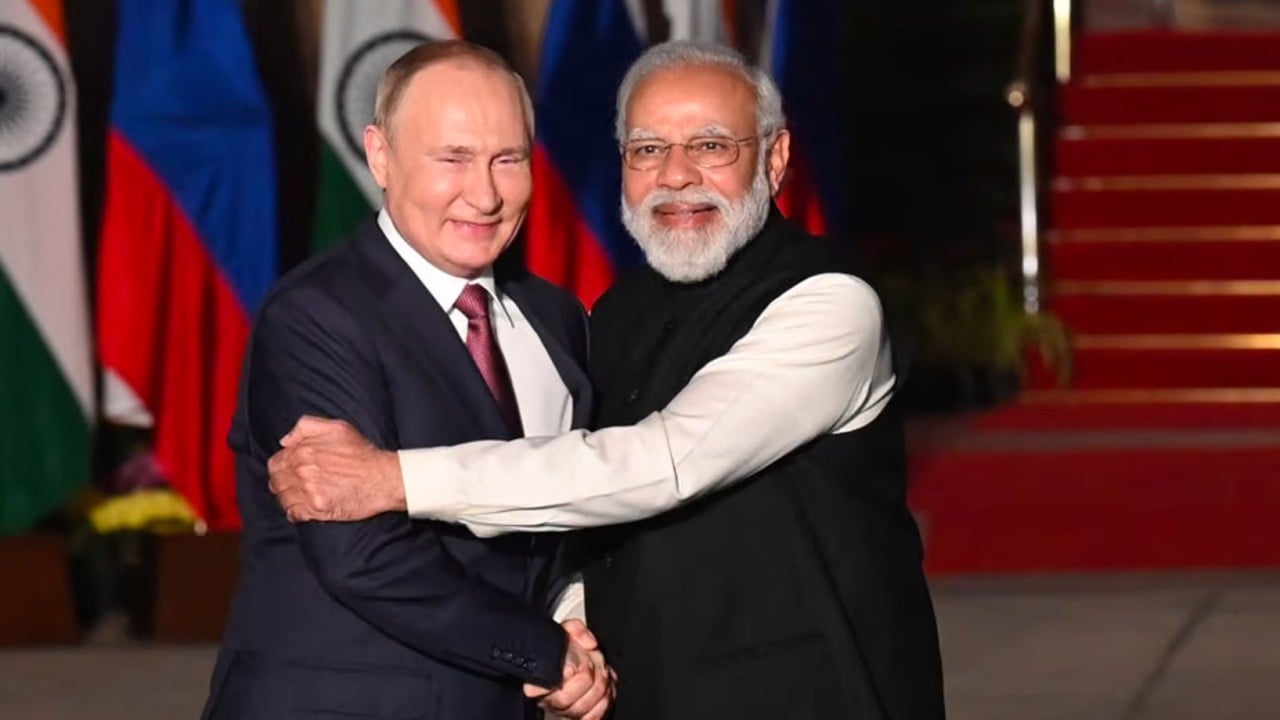The View | India’s Ukraine war stance is starting to look less like neutrality and more like a pro-Russia position
- The case of Russian oil circumventing US sanctions via an Indian port has renewed attention to India’s rising Russian oil imports and raised doubts about its neutral stance
- India has its own geopolitical calculations but US allies may question the special treatment granted to New Delhi, which could fragment the front against Russia

The transfers violate the sanctions on Russian-origin energy products. Reserve Bank of India deputy governor Michael Patra has explained how the US sanctions were bypassed: “The refined output was put back on that ship and it set sail without a destination. In the mid-seas it received the destination so it reached its course, went to New York.”
Unlike many other democracies, India has maintained relations by walking a tightrope of neutrality, often insisting it does so to look after its interests. Still, observers are calling it what it is: a quiet pro-Moscow position.
Last month, India overtook China as the biggest buyer of Russian oil despite importing 7.3 per cent less than in June, shifting some buying back to Saudi Arabia, perhaps in an attempt to quieten global condemnation.

